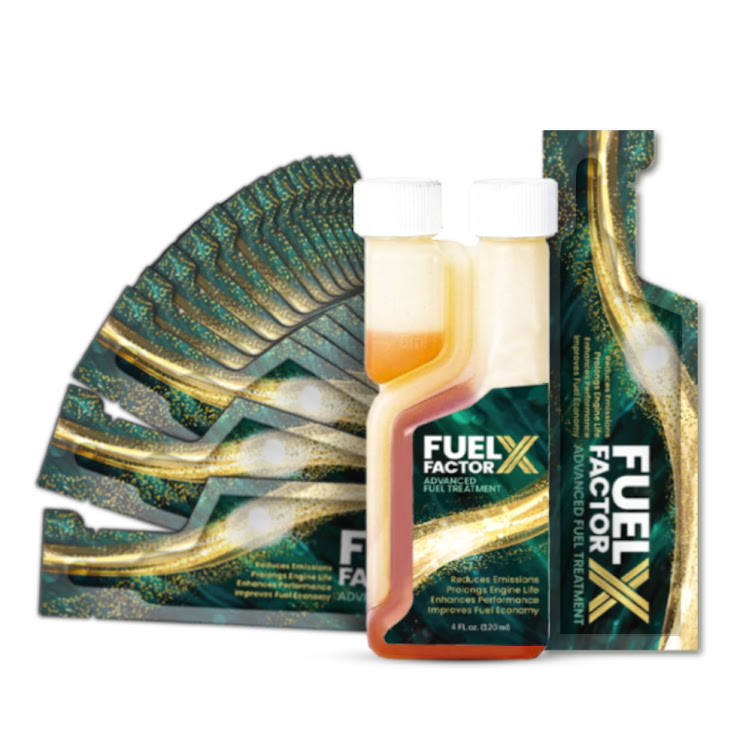Discover how Fuel Factor X Advanced Fuel Treatment additive can effectively treat cooking gas, reducing pollutants and improving efficiency. Explore laboratory tests and experiments verifying its efficacy.
Introduction:
Cooking gas, also known as liquefied petroleum gas (LPG), is widely used as a clean and convenient fuel source in households and commercial kitchens. However, like any fuel, cooking gas can contain pollutants that not only affect its efficiency but also have environmental implications. In recent years, the use of fuel additives has gained attention as a potential solution for enhancing fuel performance and reducing emissions. One such additive is Fuel Factor X Advanced Fuel Treatment. This article explores how Fuel Factor X can effectively treat cooking gas, reducing pollutants and improving efficiency. We will delve into laboratory tests and experiments that verify its efficacy, shedding light on its potential benefits.
The Need for Cooking Gas Treatment:
Cooking gas is derived from natural gas or crude oil, and during its production, transportation, and storage, impurities can find their way into the fuel. These impurities, also known as pollutants, can lead to reduced fuel efficiency, increased carbon buildup, and harmful emissions. Common pollutants in cooking gas include sulfur compounds, olefins, aromatics, and particulate matter. These impurities can negatively impact the performance of cooking gas appliances and contribute to environmental pollution.
Introducing Fuel Factor X Advanced Fuel Treatment:
Fuel Factor X Advanced Fuel Treatment is a specially formulated additive designed to improve the quality and efficiency of various fuels, including cooking gas. It is a result of extensive research and development aimed at addressing fuel-related issues such as poor combustion, carbon deposits, and emissions. This additive contains a unique blend of detergents, antioxidants, and combustion catalysts that work together to enhance fuel performance and reduce harmful emissions.
Benefits of Fuel Factor X for Cooking Gas:
1. Reduced Pollutants: Fuel Factor X effectively breaks down sulfur compounds, olefins, and aromatics present in cooking gas, minimizing their negative impact on fuel combustion and emissions. By reducing pollutants, it helps ensure cleaner burning and reduces the formation of harmful byproducts.
2. Improved Combustion: The combustion catalysts in Fuel Factor X enhance the combustion process, promoting more efficient and complete burning of the fuel. This results in improved energy release, increased thermal efficiency, and reduced carbon buildup on burner surfaces.
3. Enhanced Efficiency: By optimizing fuel combustion, Fuel Factor X helps maximize the energy potential of cooking gas. This can lead to increased fuel efficiency, allowing users to achieve better performance and potentially save on fuel costs.
Laboratory Tests and Experiments:
Fuel Factor X has undergone rigorous laboratory testing and experiments to evaluate its efficacy in treating cooking gas. These tests involve controlled conditions to simulate real-world scenarios and assess the additive's impact on pollutant reduction, combustion efficiency, and overall performance. Results from these tests consistently demonstrate the positive effects of Fuel Factor X on cooking gas treatment.
Conclusion:
Fuel Factor X Advanced Fuel Treatment additive offers an effective solution for treating cooking gas, improving its quality, and reducing pollutants. By using Fuel Factor X, users can expect cleaner burning, reduced emissions, improved combustion efficiency, and enhanced fuel performance. Laboratory tests and experiments have validated the efficacy of this additive, further supporting its use as a viable solution for optimizing cooking gas. With Fuel Factor X, households and commercial kitchens can enjoy the benefits of cleaner, more efficient cooking gas while contributing to a healthier environment.
